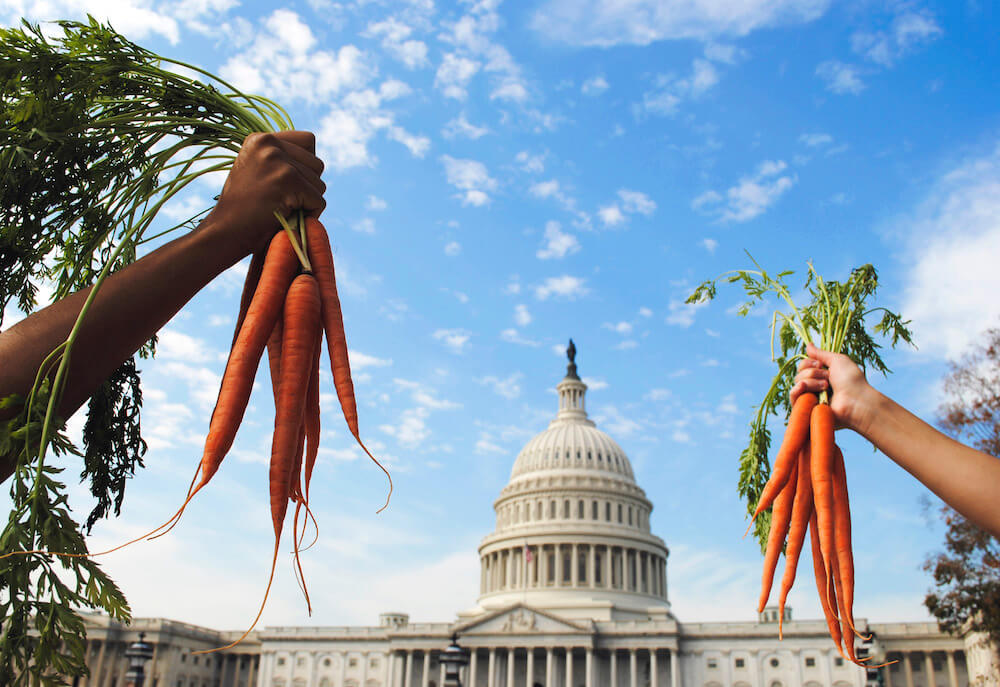
In different parts of the world, organizations like USAID, the UN Food and Agriculture Organization (FAO), and food policy councils in the United States are working tirelessly to combat food insecurity and revolutionize agriculture. However, the efforts to address food insecurity and improve agriculture are not limited to these organizations alone. Individuals can also make a difference in their local communities by becoming food policy advocates.
Food policy experts Sarah Hackney and Jamie Fanous offer advice on how to make a difference in your local community. They recommend joining Community Supported Agriculture (CSA) programs and supporting food cooperatives. By participating in CSA programs, individuals can directly support local farmers and have access to fresh, locally grown produce. Food cooperatives, on the other hand, provide a platform for community members to collectively purchase and distribute food, promoting local food systems and supporting small-scale farmers.
To become effective food policy advocates, it is important to educate oneself on food policy issues. Social media and newsletters can be valuable sources of information, providing updates on policy changes, advocacy opportunities, and success stories. By staying informed, individuals can better understand the challenges and opportunities in their local food systems.
Amplifying actions is another key strategy for food policy advocacy. This can be done by contacting local representatives in Congress and expressing support for policies that promote sustainable agriculture, food security, and equitable access to nutritious food. Voting in elections is also crucial, as it allows individuals to elect officials who prioritize food and farm policy reform.
Diversifying approaches is essential for effective advocacy. Taking action on multiple fronts, such as supporting grassroots organizations, engaging in policy research, and participating in public hearings, can create a more comprehensive and impactful advocacy strategy. Grassroots organizations like the National Sustainable Agriculture Coalition (NSAC) and the Community Alliance with Family Farmers (CAFF) play a vital role in advocating for federal policy reform and supporting local initiatives. These organizations work to amplify the voices of farmers and community members, ensuring that their concerns and needs are addressed in policy discussions.
The upcoming 2024 election cycle is an important opportunity for individuals to influence food and farm policy. The reauthorization of the farm bill, a comprehensive piece of legislation that shapes agricultural and food policy in the United States, will be a key focus. Individuals are encouraged to research and support bills that align with their values, such as the Agriculture Resilience Act, which addresses climate change and promotes sustainable agriculture.
By following these practical steps, individuals can become food policy advocates in their communities and contribute to the broader efforts of organizations working towards a more sustainable and secure food system.